Special Education In Oklahoma
Oklahoma Special Education
Powered by Volunteers
By: Zoe Kent-Ferraro, Darby Madden, and Saara Hakanen
Heroes’ paycheck comes in form of life-changing memories
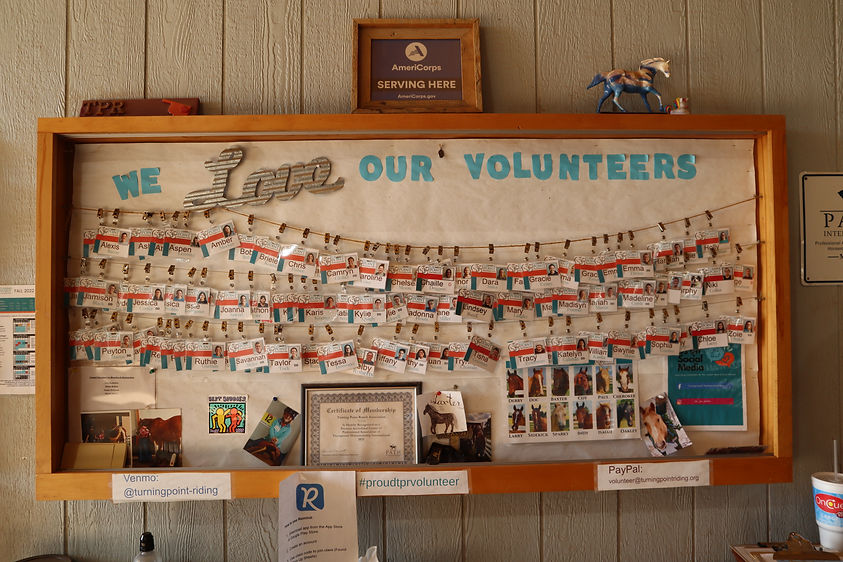
Turning Point Ranch values its volunteers
“You could just stand there and be a statue, and they’d be ecstatic that you’re there,” said David Garey, Lieutenant for the Oklahoma City Police Department. “Because you have the uniform and that is what draws them to you.”
Oklahoma police officers are a great example of how to help students with special needs by simply being present. The smallest of acts can be the most impactful ones. Special education is necessary but its existence and quality in Oklahoma are not self-evident. It needs more resources and above all it needs volunteers.
“We are always in need of volunteers,” Said Georgia Frazier, director of events at the Little Light House. “We need more of everything; resources, teachers, volunteers and donors to name a few.”
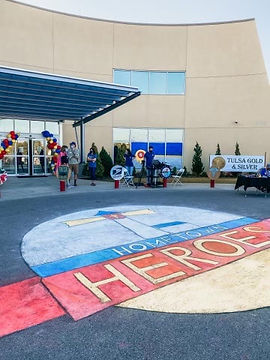
The Little Light House
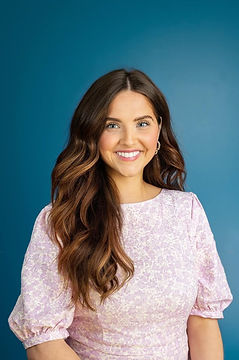
Georgia Frazier
Little Light House, a tuition free special education school in Tulsa, is one of Oklahoma’s special education resources that banks on volunteers to maintain the quality of their education and therapeutic services. Help is sought after in all aspects of special education.
Volunteers are needed everywhere. In the classrooms of Little Light House and in activities their students get to do after classes, such as participating in Special Olympics. Volunteers are the silent heroes of Oklahoma’s special education. Much of the volunteer work takes place behind the scenes. Chloe Guthrie, volunteer at Turning Point Ranch in Stillwater, comes out to the ranch to help at 6 a.m.
“I’m in charge of feeding the horses so I get up here in the mornings and I bring all the horses in and I feed, I clean their stalls, I give them fresh water,” said Guthrie. “I’m just kind of the caretaker of the horses in the morning.”
Some of the volunteer acts are easier to notice than others. According to Shawn Byrne, Master Sergeant at the Oklahoma City Police Department, police officers around the world have raised a billion dollars for the Special Olympics over the past 41 years. Byrne himself has been volunteering for over 20 years. By supporting local athletes within the Special Olympics organization, officers like Byrne can help people with intellectual disabilities in all aspects of their lives.

Gold Medal Gala is an annual fundraising event for the Special Olympics
“You see it as beneficial, not only as monetary, but also the educational influence and the awareness,” Byrne said. “Annually we raise between 400 and 500-thousand dollars in the state of Oklahoma that goes back to our athletes.”


Torch run is one of many fundraising events the Oklahoma Police does for Special Olympics
The impact in Oklahoma is direct and immediate. Money from fundraising events like Polar Plunge or Torch Run pays for the athletes’ dorm rooms, food and athletics. It also enables life-changing programs like Healthy Athletes. Donated funds cover the athletes’ basic health-care needs and health checks. What’s best, Special Olympics is a free resource for the kids and their families.
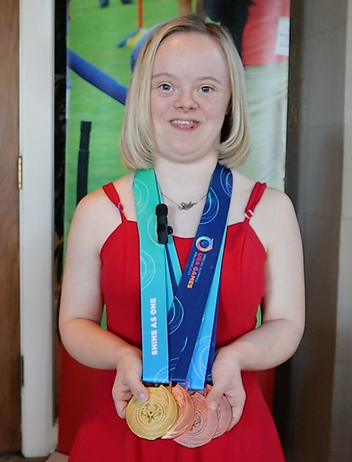
Madison Madory
“Because Special Olympics is no cost to their families, it doesn’t cost to participate,” said Byrne. “By helping people with intellectual disabilities we’re benefiting people from children to adults, from age of five and up.”
Special Olympics powerlifting national champion, Madison Madory, has gotten to benefit from the police department’s fundraising. Her face lights up when she’s asked about the favorite place she’s gotten to compete at: “Disney World!” This trip, too, is made possible through donations.
Besides purely enabling this kind of support for the state’s special education, the police officers take pride from being present in the athletes’ lives and rooting for them.
“We have to encourage them to go even if they don’t feel comfortable doing what they don’t think that they can do,” said David Garey, Lieutenant for the Oklahoma City Police Department. “And I think us encouraging them to keep going is the best part.”
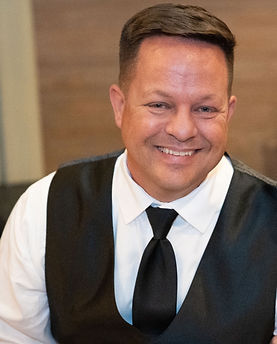
David Garey
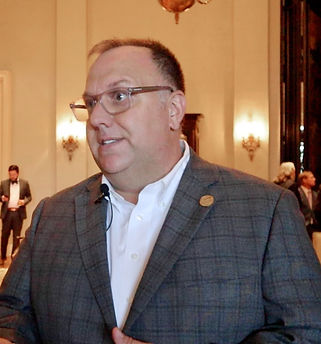
Shawn Bryne
These encounters are meaningful and educational for the children. They not only learn in the classroom, but also outside of it. Special Olympics as well as PE classes at Turning point are a big part of their educational progress. Even the smallest interactions teach important life skills for the kids.
“One of the things we do is when they get off the school bus is that they have to greet their volunteer with a handshake and a ‘hi’ with eye contact,” Royston said. “That is one of the social skills that we all have to know.“
Encouragement and social skills are not easy to teach or learn. That’s why interaction between people with and without intellectual disabilities is important, and the more of these kind of encounters the kids experience, the better. This type of help only requires a volunteer to be present, which is something anyone could do.
As much as the volunteers do for Oklahoma’s special education already, there is a need for even more. Turning Point Ranch in Stillwater, a therapeutic riding center providing adapted PE classes for students in the Stillwater special education system, shares this need for additional volunteers.
“We have 130 volunteers currently and that’s low compared to the 160 that we normally have” said Rachel Royston, executive director at Turning Point.

Turning Point Ranch has lost close to 20% of the volunteers needed.
Unfortunately, most organizations don’t have a line of aspiring new volunteers waiting outside their door. Volunteering is time spent without monetary compensation, which makes it less appealing. However, the emotional prize of volunteering is something that has no cash value.
“If people would give organizations such as Little Light House an opportunity, I know they would fall in love with the program and students,” Frazier said. “Getting to see those sweet smiles every day makes volunteering worth it.”
Real-life interaction between volunteers and children with special needs is irreplaceable. Whether it’s donating money or time for special education, it’s extremely rewarding. It gives the volunteers perspective in life and a purpose for volunteering. The day lieutenant Garey got involved with the Special Olympics changed his life for good.
“After so many years of trying to put it into words how I felt that day, I still can’t do it,” said Garey. “It was just so emotional and so raw that I was overwhelmed, pretty much, by how I was feeling and just how I wish all of us would feel the same way and not judge somebody based on a disability.”
Seeing past disabilities and being able to learn from differences is a privilege. Garey uses this privilege as an incentive to recruit new officers to join the Special Olympics family.
“And then once they get here they start to see the emotional side of things and the realness of what’s really going on, and just that connection that you have with those people,” Garey said.
Learning to better enjoy the little things in life is one of the biggest prizes that volunteers across the board involved in Oklahoma’s special education receive.
“It would be nice if just people in general had the same outlook in life to just strive and be happy and try things,” Garey said. “Even though people tell you that it’s impossible, it’s not impossible you just have to try it and go through it.”